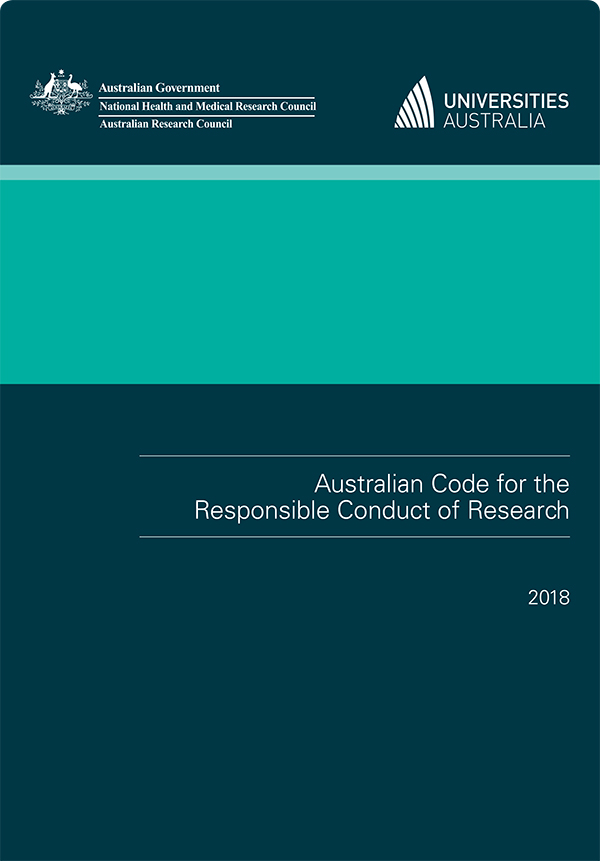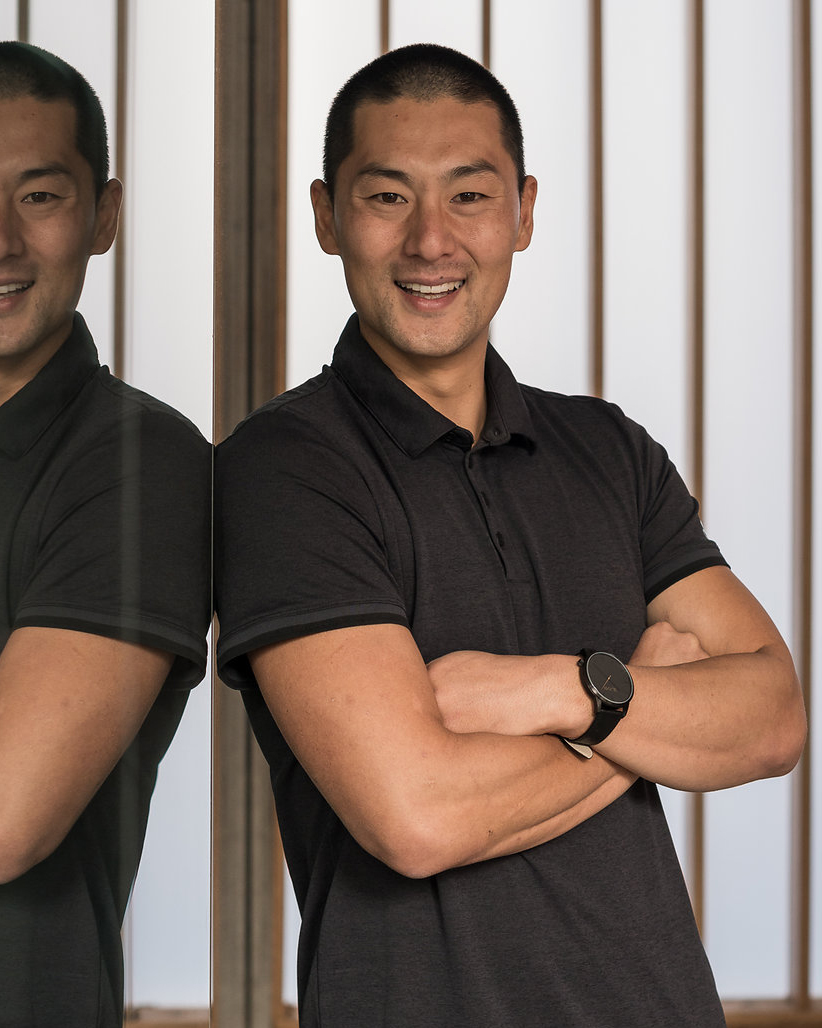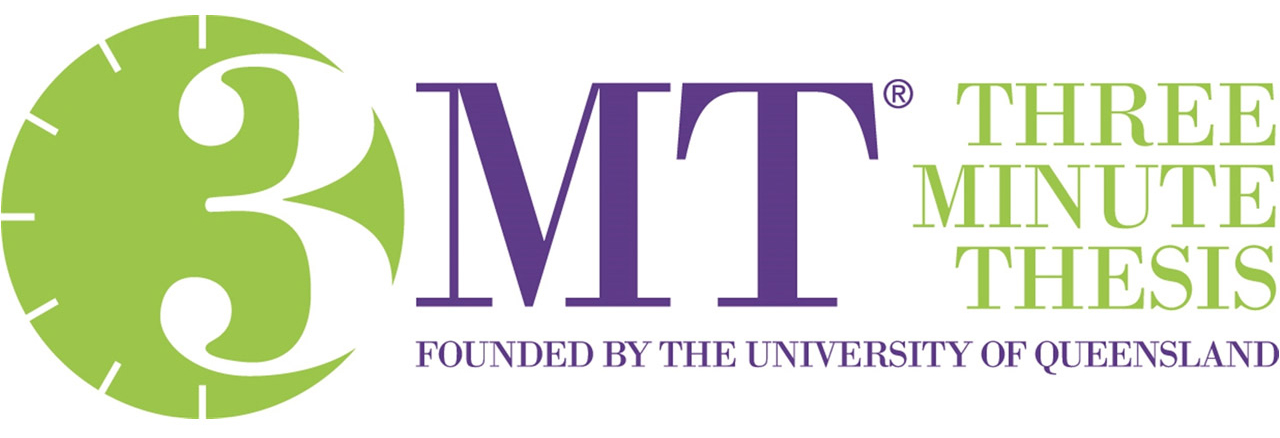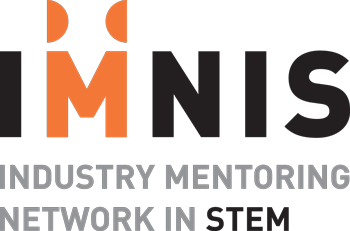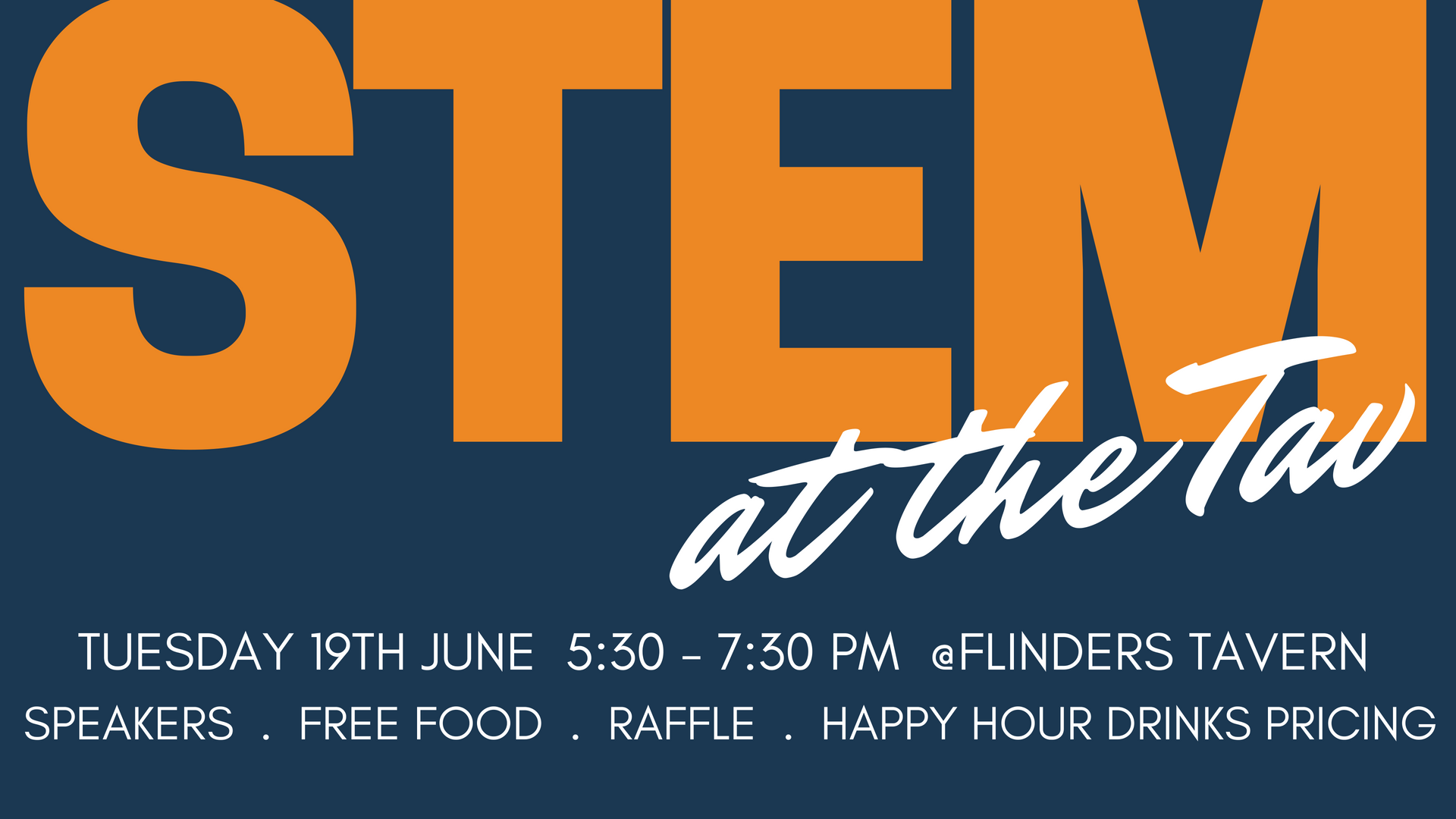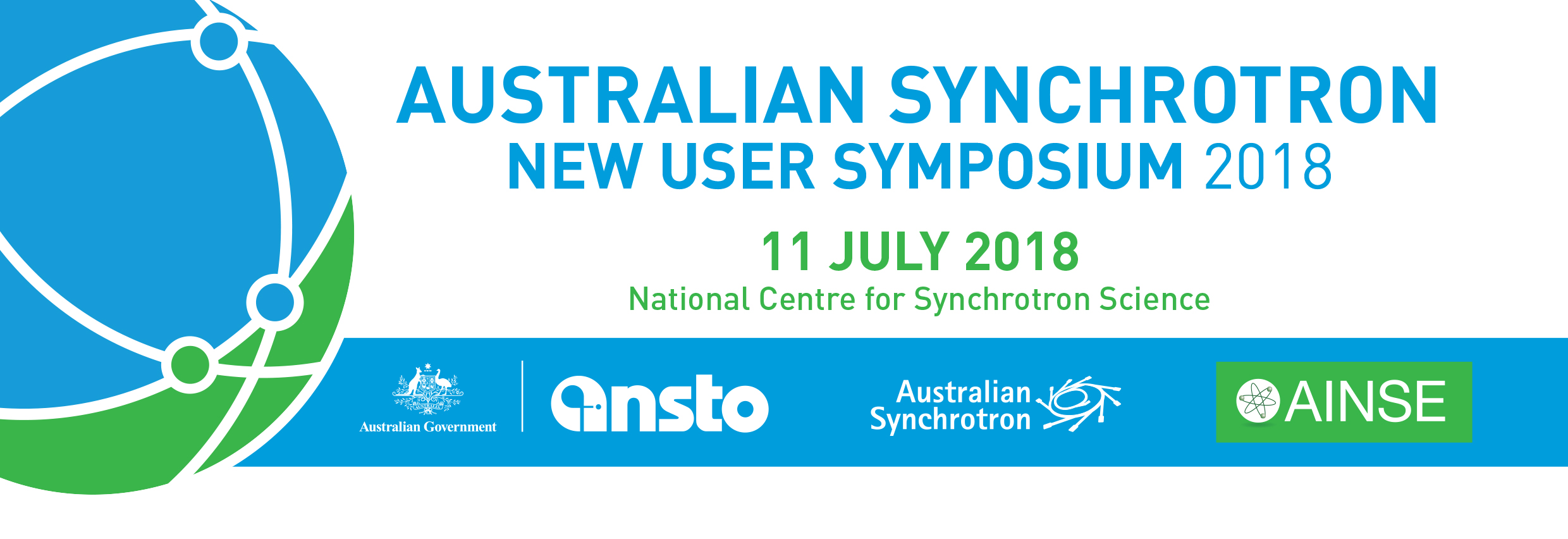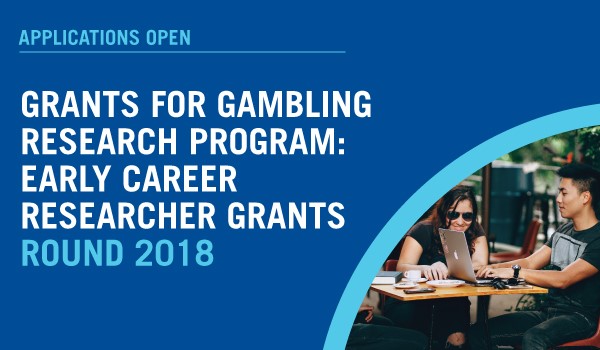Flinders Research NewsIt's finally here! The new Code for the Responsible Conduct of Research
The Australian Code for the Responsible Conduct of Research, 2018 (the 2018 Code) and the Guide to Managing and Investigating Potential Breaches of the Code, 2018 (the Investigation Guide) have now been released.
The clearly articulated principles and responsibilities in the 2018 Code will promote greater consistency across the research sector and build upon the foundation laid by the 2007 Code to ensure that research conducted in Australia is of the highest quality and meets the utmost standards of integrity.
The changes within the 2018 Code and the Investigation Guide are currently being reviewed by Flinders Research Management. The Research Integrity and Misconduct section of the Flinders website will be updated shortly. The majority of the information on the pages relate to the 2007 Code, but the links to the 2018 Code and the Investigation Guide have been included.
The 2018 Code and Investigation Guide are the result of an extensive review and consultation process. The 2018 Code presents eight clear principles of responsible research and 29 key responsibilities for researchers and institutions. The Investigation Guide describes, in detail, processes for managing and investigating potential breaches of the 2018 Code that can be applied to the range of research contexts in Australia—from small medical research institutions to large universities and across all research disciplines. It aims to ensure procedural fairness to all parties.
The 2018 Code and Investigation Guide are only one part of the framework for ensuring research is conducted with integrity and the new Code will be complemented by revisions to NHMRC’s and ARC’s research integrity and misconduct policies, funding agreements and the Australian Research Integrity Committee Framework.
In addition to the Investigation Guide, the 2018 Code will be supported by a number of other supplementary guidance documents. The documents will support implementation of the principles and responsibilities in the 2018 Code and – when published – will establish a robust and coherent framework for research integrity and quality in Australia.


